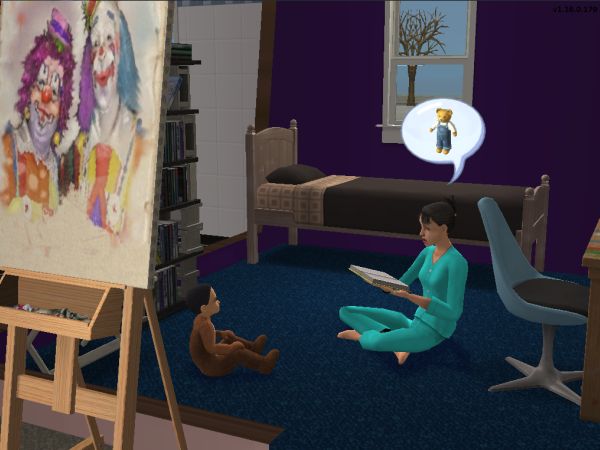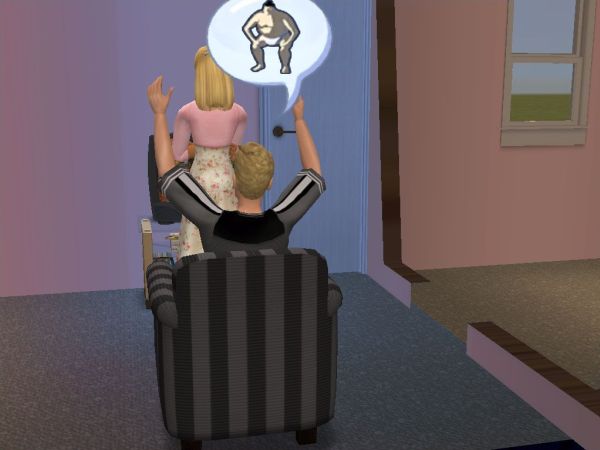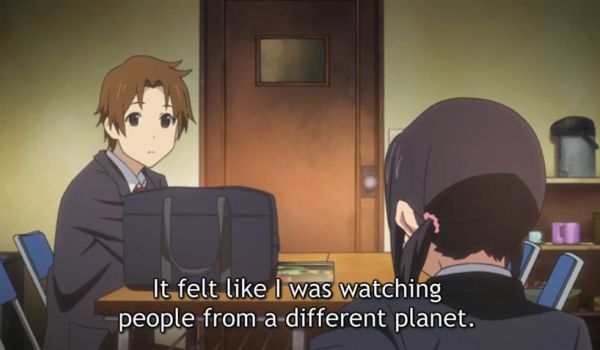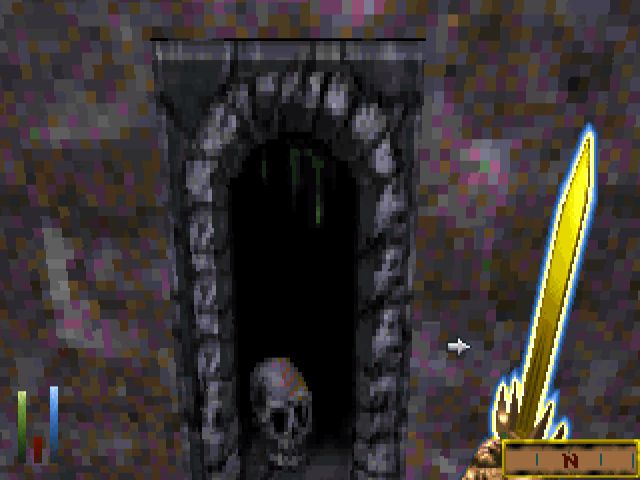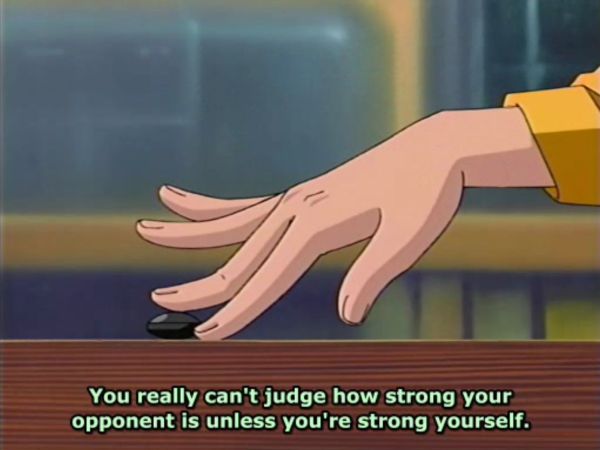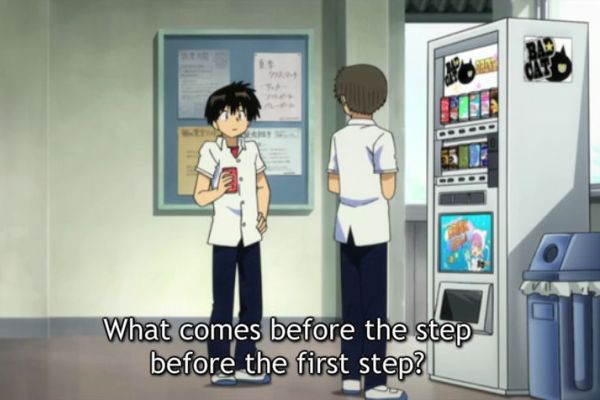
Snapshot from Sims 2: Micropolis, where happiness is the prosperity of the soul.
One strange effect of the song Into the West playing and replaying in my head: I felt the urge to return to Micropolis, my Sims 2 Prosperity Challenge. (I named it before I knew about the game with the same name.) I chronicled the history of the Micropolis neighborhood for years, until I was lured away by Sims 3. I regret now that I did not continue writing it. It may be too late to resume now: My readers have probably drifted away. But who knows. Perhaps someone will find it again, or someone new will find it.
I quoted the song twice during my writing of that saga, both at rather poignant scenes, so that would be why I suddenly thought of Micropolis when I heard that song. And I realized something, belatedly: My illustrated story of this imaginary neighborhood may have been one of the most important things I have done in my life. I have thought of this before but it kind of slipped my mind, among the many things going on. But the way I act as a “guardian angel” for the sims in Micropolis, my dialog with them and their life with each other, was a unique opportunity to bring across my view of life: What I really think is important, and how to get there.
The story of Micropolis is one of six very different families, all of which had lost loved ones and all that they owned in a hurricane. Together they settled in an abandoned village in the foothills. When I began writing the story in 2007, my “near future” setting seemed unreasonably austere: Everything was more expensive, jobs were hard to come by and almost impossible without college education, which was in itself quite expensive. My founding families were mired in debt from the day they set foot in their tiny houses far from the city. I wrote this toward the very end of the long boom, during its last frothing frenzy, long before the bleakness had sunk in among common people.
Over the course of decades, we follow the families as they go about their lives, but with a very unusual addition: An invisible higher-dimensional being, generally called “the Angel”, who observes them, converses with them, comments on their actions and thoughts, advises them and encourages them. Rather than using brute magic to give them prosperity, the Angel teaches them to use the opportunities in their everyday life to learn useful skills and improve their lot in the long run. Often a very long run, as they continue to rack up debt for a while until they have the skill and the free time to start paying off.
But the long-term project to turn the economy around is not even the most notable part of the project, despite the subtitle “a Prosperity Challenge”. The Angel is first and foremost concerned about the long-term happiness of his people, and help them make friends, find love, and steer each toward their life goals. The purpose is for each of them to achieve during their lifetime what in the Sims 2 is called “platinum mood”, or what we in this world would call “an unshakable mind”, a mental state where an individual is virtually immune to despair and able to always remain happy and do their best even in the face of adversity and disappointment. The wish of the Angel is that each and every one of his people will achieve this during their lifetime, a permanent feeling like the constant fulfillment of all desire.
So no, this state of mind is not permanent in me yet in the real world. But with the help of my higher-dimensional overseer, I still hope to spend more and more time in it until it becomes permanent. In a way, I am preaching to myself with this story, but the funny thing is, in The Sims 2 this really works. Living this kind of life really does bring happiness, peace of mind and peace among people. I don’t need to cheat or hack the game. Doing unto my sims what my own invisible friend does unto me works. Since most of those who will read the story are avid Sims players themselves, they will recognize this. That’s why I can tell a funny and heartwarming story about a small cluster of bereaved families growing into a happy and prosperous town, rather than trying to convince people of some ideology or religion. “Show, don’t tell”. ^_^
The already super long story of Micropolis begins here: http://itlandm-sims-mp.livejournal.com

